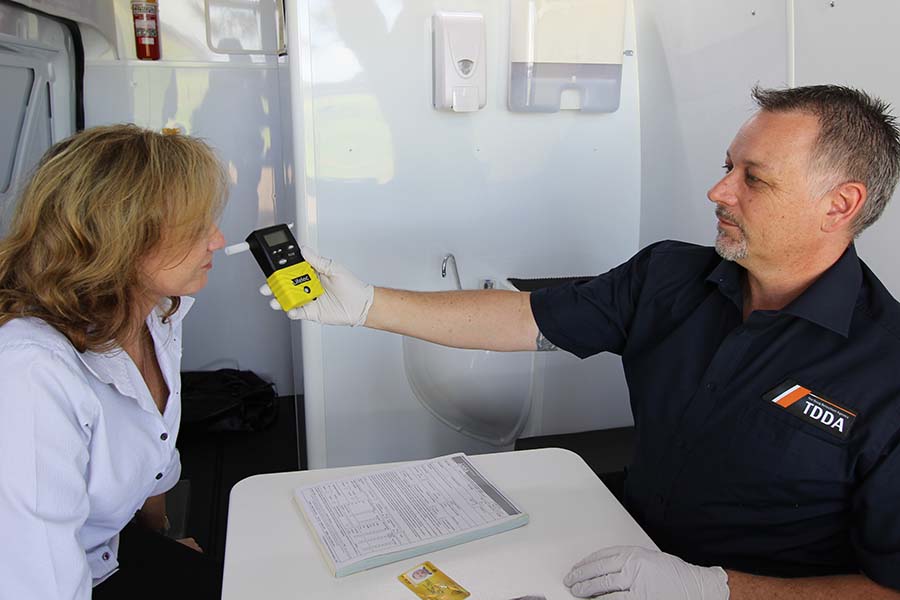Ia Ara Aotearoa Transporting New Zealand News


Long wait for roadside drug testing almost over
It is commonly said that good news comes to those who wait. Well, when it comes to waiting for the introduction of roadside saliva-based drug testing, surely the road transport industry deserves something very good indeed.
RTF chief executive Nick Leggett points out that “it was way back in 2004 that delegates at the Road Transport Forum Conference passed a resolution calling for roadside drug testing – and I bet that nobody at that event could have envisaged that 16 years on, we would still be waiting for it.
“The good news is that finally we can see the finish line, with the Government introducing legislation that should, within the next year or so, provide Police with the powers necessary to conduct random roadside saliva-based testing of drivers they suspect are under the influence of drugs.
“For the road transport industry, which has been concerned about the issue of drug use for decades, it can’t come soon enough.
...RTF chief executive Nick Leggett points out that “it was way back in 2004 that delegates at the Road Transport Forum Conference passed a resolution calling for roadside drug testing – and I bet that nobody at that event could have envisaged that 16 years on, we would still be waiting for it.
“The good news is that finally we can see the finish line, with the Government introducing legislation that should, within the next year or so, provide Police with the powers necessary to conduct random roadside saliva-based testing of drivers they suspect are under the influence of drugs.
“For the road transport industry, which has been concerned about the issue of drug use for decades, it can’t come soon enough.
“RTF has had a zero-tolerance policy on illegal drug use in our industry ever since we were formed and it is great that the majority of operators have adopted this policy – with many carrying out random drug testing of staff at their own expense,” says Leggett.
“The amount of drug use in the industry is low and it is important we keep it that way. However, the danger for our drivers is that they are more likely to be the victim not the cause of a drugs-related accident.
“Most accidents involving a truck and another vehicle are caused by the other vehicle, and with substance abuse prevalent in our community, a significant number of truck drivers are being caught up in accidents caused by those under the influence of drugs.”
Recent crash data from the Ministry of Transport backs this up. In fact, when it comes to those involved in serious accidents, more people are likely to be under the influence of illegal or clinical drugs than alcohol, says Leggett.
“Up until now, successive governments have obfuscated when it came to the efficacy of roadside saliva testing. But with more and more evidence for why it was needed, even notoriously cautious government officials haven’t been able to put it off any longer.
“Ministers Stuart Nash and Julie Anne Genter deserve a lot of credit for pushing ahead with the testing policy, as I can imagine there is still some considerable nervousness within Wellington over exactly how it will work,” he adds.
“For that very reason we cannot count our chickens too early, as the Bill still has to go through the Parliamentary process where the on-the-ground practicalities will be thrashed out. However, the industry can be assured that RTF will work very hard through the select committee stage to support it.”
“We will also work to ensure that if a ‘yes’ vote on the upcoming cannabis referendum is successful, that it doesn’t result in a relaxation of attitudes towards the impact that cannabis has on road and workplace safety. It is critical that a zero-tolerance approach remains in situations where someone’s impairment can endanger other non-users,” says Leggett.
“Our industry cannot afford a situation where safety is improved through roadside testing, yet is compromised through complacency in other areas.”




 + EQUIPMENT GUIDE - FREE
+ EQUIPMENT GUIDE - FREE
